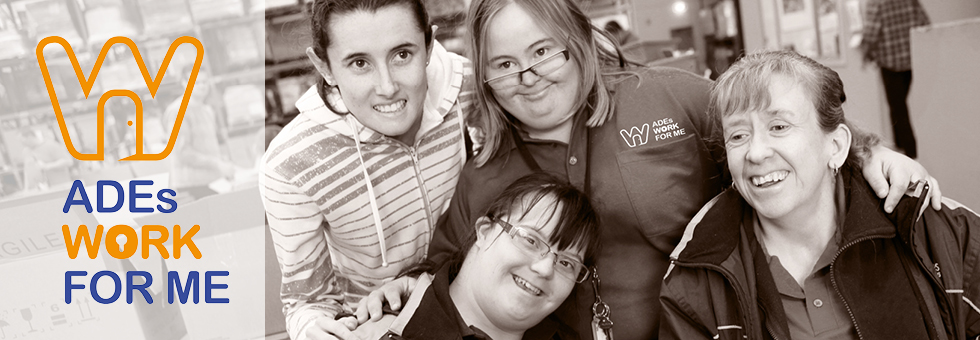WHY ARE ADEs AT RISK?
What happened in the recent court case?
In the Nojin v Commonwealth of Australia decision (named after the supported employee who took the case to court), the court looked at the case of two people, who both had an intellectual disability. It was decided that the use of the Business Services Wage Assessment Tool to determine their wages wasn’t fair. The findings then went to the Human Rights Commission which administers the Disability Discrimination Act.
What did the Human Rights Commission decide?
The Human Rights Commission found that it would be too complicated for ADEs to immediately change to another tool, so it gave ADEs just one year to move to a better tool. ADEs don't think a year is enough time – three years would be fairer and more workable.
What will this decision mean for ADEs?
This decision directly threatens the sustainability of ADEs, because if they haven't made the switch to another assessment tool when the one-year deadline expires, they will have to pay their supported employees a much higher hourly rate. Many of them don't make much of a surplus as it is, so having to pay more could force many to either downsize, or close down altogether.
Where will ADE supported workers go if they lose their jobs?
If ADEs have to close or downsize, most supported workers who lose their jobs will be stuck at home. Some might be able to get into a state-funded day program, which will give them something to do during the day - but they will no longer be as productive because they won't be working.
Some who lose their jobs will get some form of support through the National Disability Insurance Scheme (NDIS), but depending on where they live, that might not be until 2019. A very few might be able to find work through the open labour market, but they will be the exceptions.
